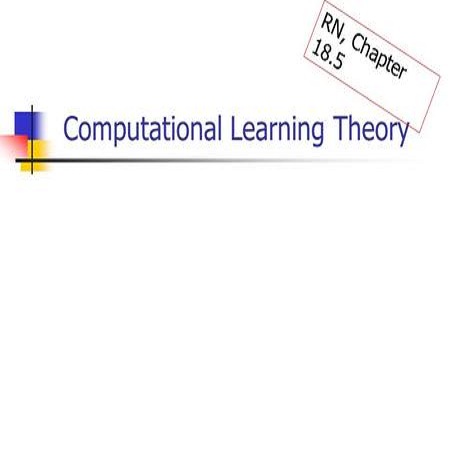Computing observables from conditioned dynamics is typically computationally hard, because, although obtaining independent samples efficiently from the unconditioned dynamics is usually feasible, generally most of the samples must be discarded (in a form of importance sampling) because they do not satisfy the imposed conditions. Sampling directly from the conditioned distribution is non-trivial, as conditioning breaks the causal properties of the dynamics which ultimately renders the sampling procedure efficient. One standard way of achieving it is through a Metropolis Monte-Carlo procedure, but this procedure is normally slow and a very large number of Monte-Carlo steps is needed to obtain a small number of statistically independent samples. In this work, we propose an alternative method to produce independent samples from a conditioned distribution. The method learns the parameters of a generalized dynamical model that optimally describe the conditioned distribution in a variational sense. The outcome is an effective, unconditioned, dynamical model, from which one can trivially obtain independent samples, effectively restoring causality of the conditioned distribution. The consequences are twofold: on the one hand, it allows us to efficiently compute observables from the conditioned dynamics by simply averaging over independent samples. On the other hand, the method gives an effective unconditioned distribution which is easier to interpret. The method is flexible and can be applied virtually to any dynamics. We discuss an important application of the method, namely the problem of epidemic risk assessment from (imperfect) clinical tests, for a large family of time-continuous epidemic models endowed with a Gillespie-like sampler. We show that the method compares favorably against the state of the art, including the soft-margin approach and mean-field methods.
翻译:從條件動態中計算可觀測值通常是計算上困難的,因為即使通常可以從未條件的動態中有效地獲取獨立樣本,但通常必須捨棄大部分的樣本(以重要性抽樣的形式)因為它們尚未滿足所施加的條件。直接從條件分佈中取樣是不容易的,因為條件化會破壞動態的因果性,從而使抽樣過程效率低下。實現這一目標的一種標準方法是通過Metropolis-Monte Carlo過程,但是這種過程通常很慢,需要非常多的Monte-Carlo步驟才能獲得一小部分統計獨立樣本。在此工作中,我們提出了一種從條件分佈中生成獨立樣本的替代方法。該方法通過變分學習一個泛化動態模型的參數來最佳描述條件分布。結果是一個有效的未條件的動態模型,可以輕鬆地從中獲得獨立樣本,進而恢復條件分佈的因果關係。其結果有兩方面的影響:一方面,它允許我們通過簡單地對獨立樣本進行平均值計算,有效地從條件動態中計算可觀測值。另一方面,該方法提供了一個易於解釋的有效未條件分佈。這種方法具有靈活性,可以應用於幾乎所有的動態。我們討論了該方法的一個重要應用,即從(不完美的)臨床測試中進行傳染病風險評估的問題,適用於一個對Gillespie類型抽樣進行改進的持續時間傳染病模型大家族。我們展示了該方法與現有技術的比較,包括軟邊緣方法和均場方法,效果優異。


